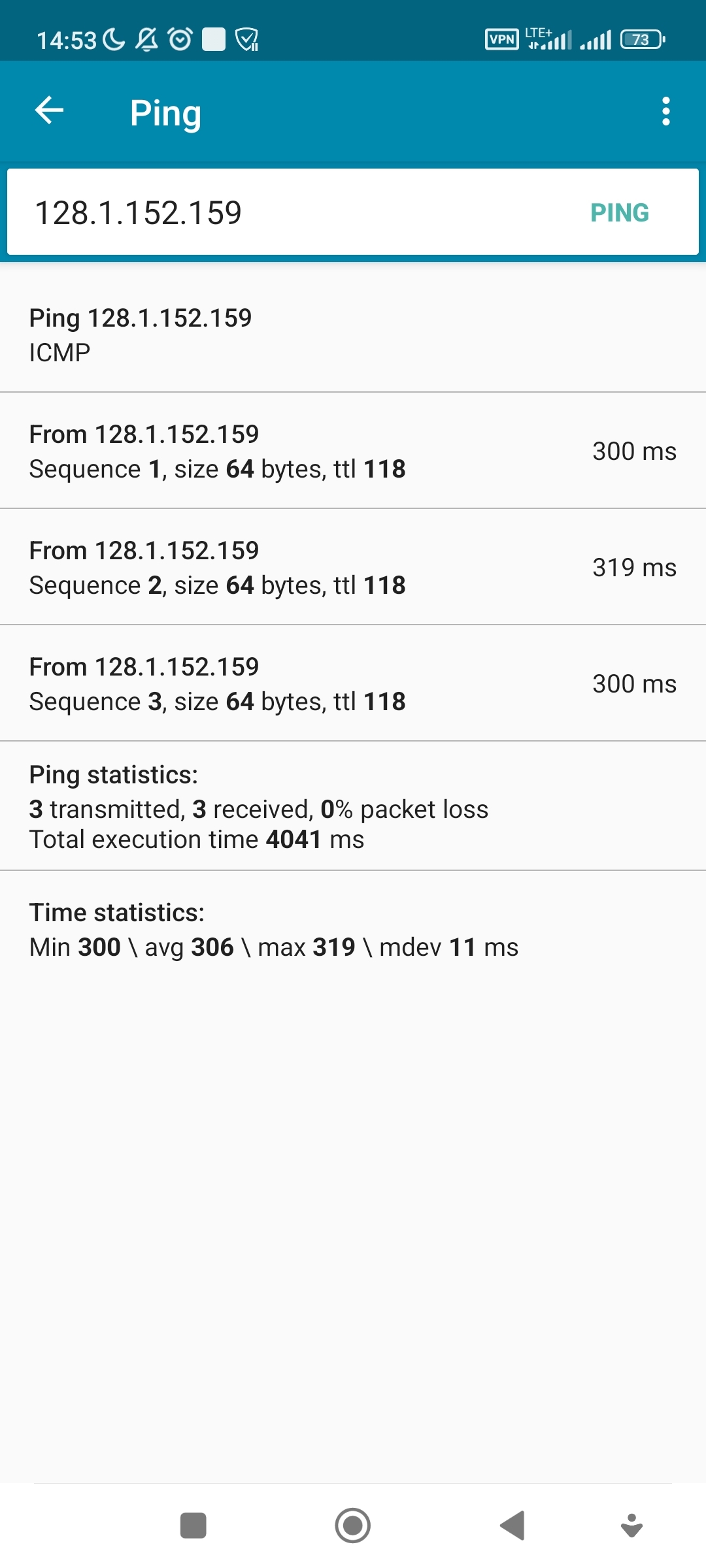Improvements coming to FastestVPN (IPv6 leak protection, Wireguard)
Seems like another lifetime VPN dealt that has been worth grabbing. Slow, but steady improvements. Apparently, IPv6 leak protection is now implemented, Wireguard is on the roadmap. Nice one ![]()
E-Mail just came in:
FastestVPN users can now update to the latest that adds that much-requested IPv6 feature. Users will see the new updated functionality on Windows, macOS, Android, and iOS apps.
We needed to ensure that our app did not leak any IP address. After much testing, we are now confidently adding the ability to block IPv6 leakage to the growing list of FastestVPN features that users can enjoy.
Let’s introduce you to IPv6 and why it’s a big deal for the future of the internet.
What Is IPv6?
Every device that connects to a network needs an IP address to communicate. It’s a unique address that gives data information about where to go. An IP address ensures that your requested web page does not open up on another user’s screen on the network.
With billions of devices connected to the internet today and more coming online every year, the current IPv4 protocol is all but depleted.
Like IPv4, IPv6 is an internet protocol version designed for the next phase of the internet. It is a 128-bit address that gives 340 undecillion unique IP addresses. Comparing that with IPv4’s 4.2 billion unique addresses gives perspective on how much IPv6 is needed to facilitate the growing number of internet users.
What Does An IPv6 Address Look Like?
An IPv4 address has a numerical string that looks like this:
166.12.138.146
By contrast, an IPv6 includes both numbers and alphabets:
Fd7d:2f4a:961e:5bfd
Why Blocking IPv6 Leak Matters
Users who are upgrading to IPv6 addresses will find that existing solutions may not support it yet. Previously, FastestVPN did not feature the ability to block the leakage of the user’s IPv6 address while connected to a VPN server. It presented a challenge for users in certain situations such as while streaming. In addition to preventing IPv4 addresses from leaking, FastestVPN now prevents IPv6 addresses from leaking as well.
What’s Next For FastestVPN?
We are constantly making improvements to FastestVPN for the best user experience. Building on the commitment to providing a leading VPN service, we will be introducing more features, such as Wireguard support, in the future.
As we continuously detect and fix issues, we would love to hear your thoughts on what you expect to see from FastestVPN in future updates.
Ympker's Shared/Reseller Hosting Comparison Chart, Ympker's VPN LTD Comparison, Uptime.is, Ympker's GitHub.



Comments
Do they offer Socks5 proxies?
Many VPN providers do not offer these anymore.
No
@Chievo offers SOCKS
Ympker's Shared/Reseller Hosting Comparison Chart, Ympker's VPN LTD Comparison, Uptime.is, Ympker's GitHub.
But that does look like 2x2 socks, so just Socks4. I need Socks5
Unlike regular SOCKS the SOCKS by @Chievo can be stocked. So if you get two pair, you get 2x2 + 2x2 = Socks 8. Much better than Socks 5
Ympker's Shared/Reseller Hosting Comparison Chart, Ympker's VPN LTD Comparison, Uptime.is, Ympker's GitHub.
In some use case, you can use docker to convert vpn into socks.
Action and Reaction in history
Hey, can someone with fastestvpn help to check whether you can ping 128.1.152.159 from the HK server? Thanks!
Github
Works for me with HongKong Server (TCP):

Ympker's Shared/Reseller Hosting Comparison Chart, Ympker's VPN LTD Comparison, Uptime.is, Ympker's GitHub.
Thanks! I guess I'll get the lifetime deal.
Github
Go for it
Ympker's Shared/Reseller Hosting Comparison Chart, Ympker's VPN LTD Comparison, Uptime.is, Ympker's GitHub.